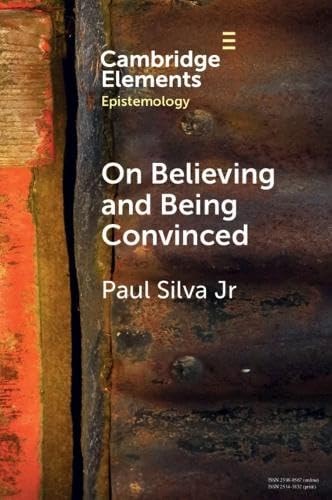

Most ebook files are in PDF format, so you can easily read them using various software such as Foxit Reader or directly on the Google Chrome browser.
Some ebook files are released by publishers in other formats such as .awz, .mobi, .epub, .fb2, etc. You may need to install specific software to read these formats on mobile/PC, such as Calibre.
Please read the tutorial at this link: https://ebookbell.com/faq
We offer FREE conversion to the popular formats you request; however, this may take some time. Therefore, right after payment, please email us, and we will try to provide the service as quickly as possible.
For some exceptional file formats or broken links (if any), please refrain from opening any disputes. Instead, email us first, and we will try to assist within a maximum of 6 hours.
EbookBell Team

4.8
34 reviewsOur doxastic states are our belief-like states, and these include outright doxastic states and degreed doxastic states. The former include believing that p, having the opinion that p, thinking that p, being sure that p, being certain that p, and doubting that p. The latter include degrees of confidence, credences, and perhaps some phenomenal states. But we also have conviction (being convinced simpliciter that p) and degrees of conviction (being more or less convinced that p). This Element shows: how and why all of the outright doxastic states mentioned above can be reduced to conviction thresholds; what degrees of conviction fundamentally are (degreed reliance-dispositions); why degrees of conviction are not credences; when suspending a belief is compatible with continuing to believe; and the surprising extent to which Kant endorsed the theory of conviction that emerges in this Element.